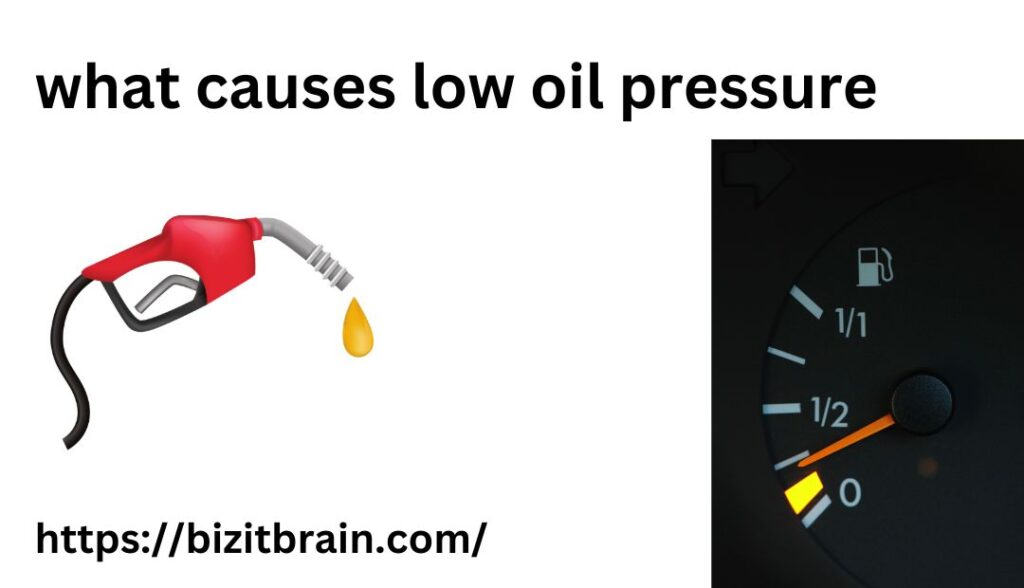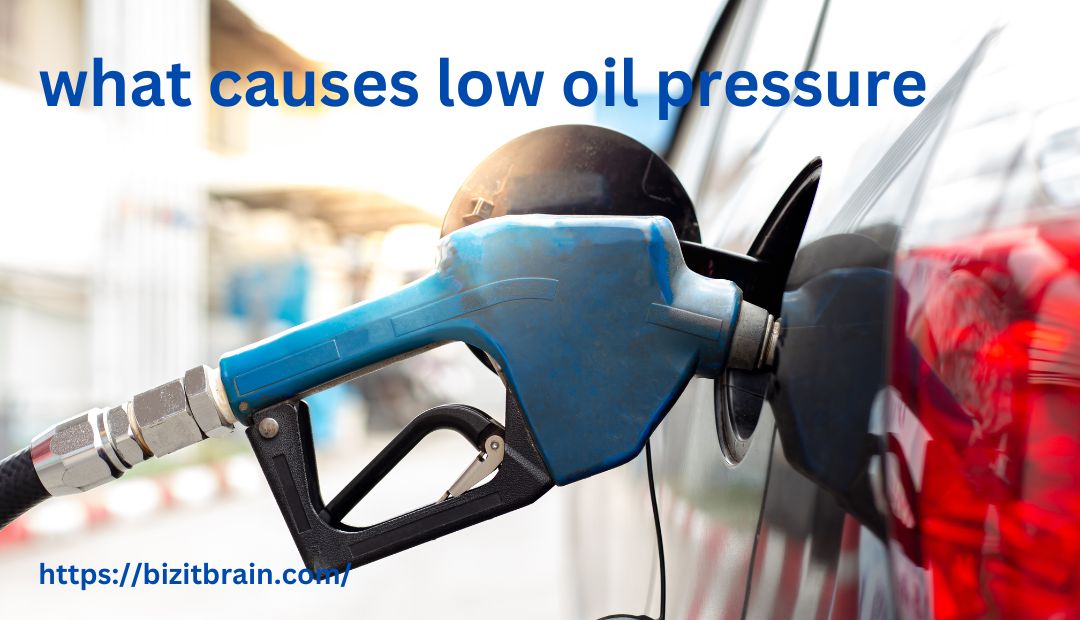
What causes low oil pressure mean Motor oil provides a protective shield between your engine’s moving parts to reduce friction and keep things cool, but for it to do its job efficiently it needs enough pressure for circulation – when this pressure drops suddenly it can lead to serious complications in terms of performance or other problems with your car engine.
What Do Low Oil Pressure Mean
Low oil pressure what do low oil pressure mean typically manifests itself with either an illuminated dashboard warning light or lower-than-usual reading on an oil pressure gauge. When this reading falls below base operating levels, it indicates your engine may not receive sufficient oil pressure to adequately coat its moving parts.
One form of engine damage caused by low oil pressure is a blown head gasket – repair of which may be quite costly.
An unexpected yet still dangerous cause of low oil pressure is leaks. Oil pumps withdraw oil from their pan via tubes, which may become blocked with debris over time and cause pressure loss. Leaks also can occur through worn piston rings or valve seals or due to malfunctions with PCV valves.

low oil pressure
If what causes low oil pressure in your vehicle drops unexpectedly, be sure to have it examined by a qualified technician as soon as possible. Overlooking this problem could result in irreparable internal damage that leaves you stranded or incurs costly repair bills.
Low oil pressure in an engine can be caused by a variety of factors. Here are some common causes:
- What Causes Low Oil Pressure
- Explanation: If there isn’t enough oil in the engine, the oil pump can’t maintain proper pressure. This is often due to leaks or burning oil.
- Worn Engine Bearings
- Explanation: Engine bearings support the crankshaft and other moving parts. When these bearings wear out, they create larger gaps, causing a drop in oil pressure.
- Solution: Worn bearings may need to be replaced to restore normal oil pressure.
- Oil Pump Failure
- Explanation: If it fails or becomes weak, it can’t generate enough pressure.
- Solution: A faulty oil pump usually needs to be replaced to correct the issue.
- 4. Clogged Oil Filter
- Explanation: The oil filter removes contaminants from the oil. If it becomes clogged, it can restrict oil flow, leading to low pressure.
- Solution: Replace the oil filter regularly according to the manufacturer’s recommendations.
- 5. Incorrect Oil Viscosity
- Explanation: Using the wrong oil viscosity (thickness) for your engine can affect oil flow and pressure. Oil that is too thick may not flow well, especially in cold conditions.
- Solution: Always use the oil viscosity recommended by your vehicle’s manufacturer.
- Oil Pressure Sending Unit Malfunction
- Explanation: The oil pressure sending unit monitors oil pressure and sends this information to the gauge or warning light on the dashboard. If this unit fails, it may give a false low-pressure reading.
- Solution: The oil pressure sending unit should be tested and replaced if faulty.
- Oil Leaks
- Explanation: External oil leaks can reduce the overall oil level in the engine, leading to low oil pressure.
- Solution: Identify and repair any oil leaks promptly to maintain the correct oil level.
- Engine Overheating
- Explanation: Overheating can thin the oil, reducing its ability to maintain proper pressure.
- Solution: Address the cause of the overheating to prevent it from affecting oil pressure.
- Sludge or Contamination
- Explanation: Oil can become contaminated with sludge or debris, which can clog passages and reduce oil flow and pressure.
- Solution: Regular oil changes and using high-quality oil can help prevent sludge buildup.
- 10. Internal Engine Wear
- Explanation: Over time, internal engine components like pistons and camshafts can wear out, causing gaps and reducing oil pressure.
- Solution: Significant wear may require an engine rebuild or replacement of worn components.
Understanding these causes can help you diagnose and what causes low oil pressure before it leads to more serious engine damage. Regular maintenance, including checking oil levels and using the right oil, is crucial to preventing low oil pressure.
This is a topic which is close to my heart… Thank you! Exactly where are your contact details though?
bizitbrain@gmail.com